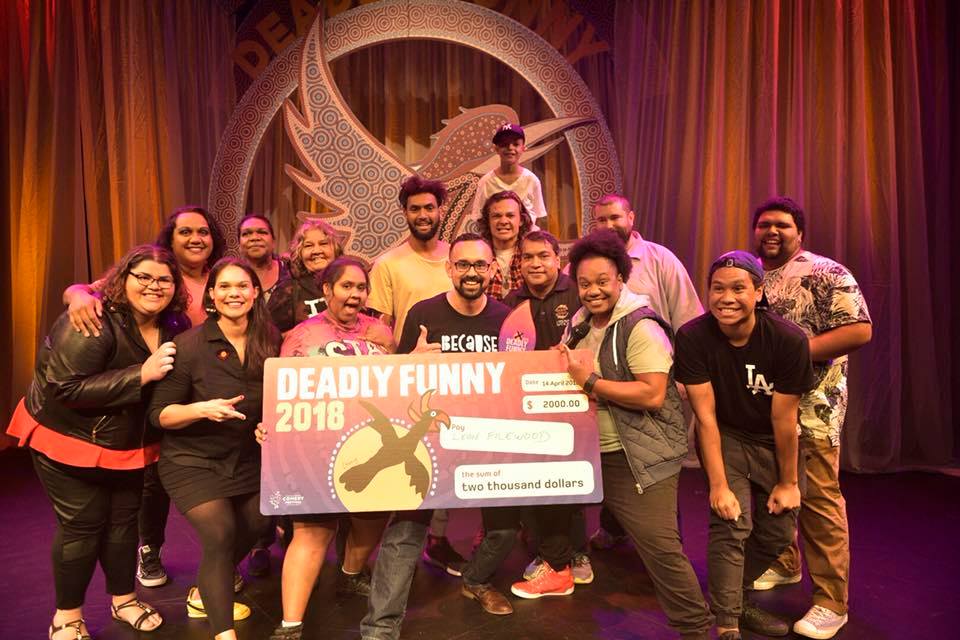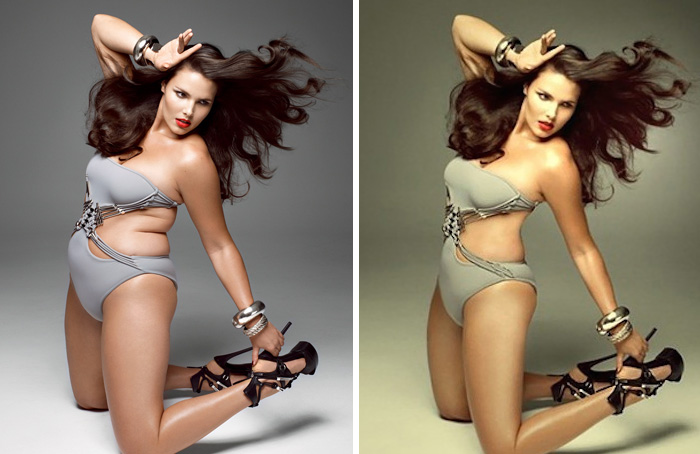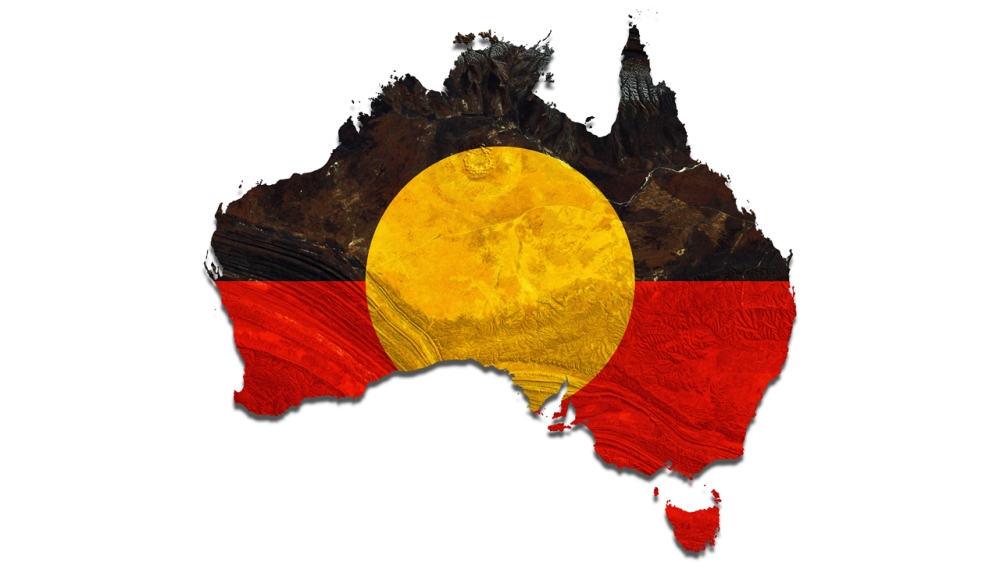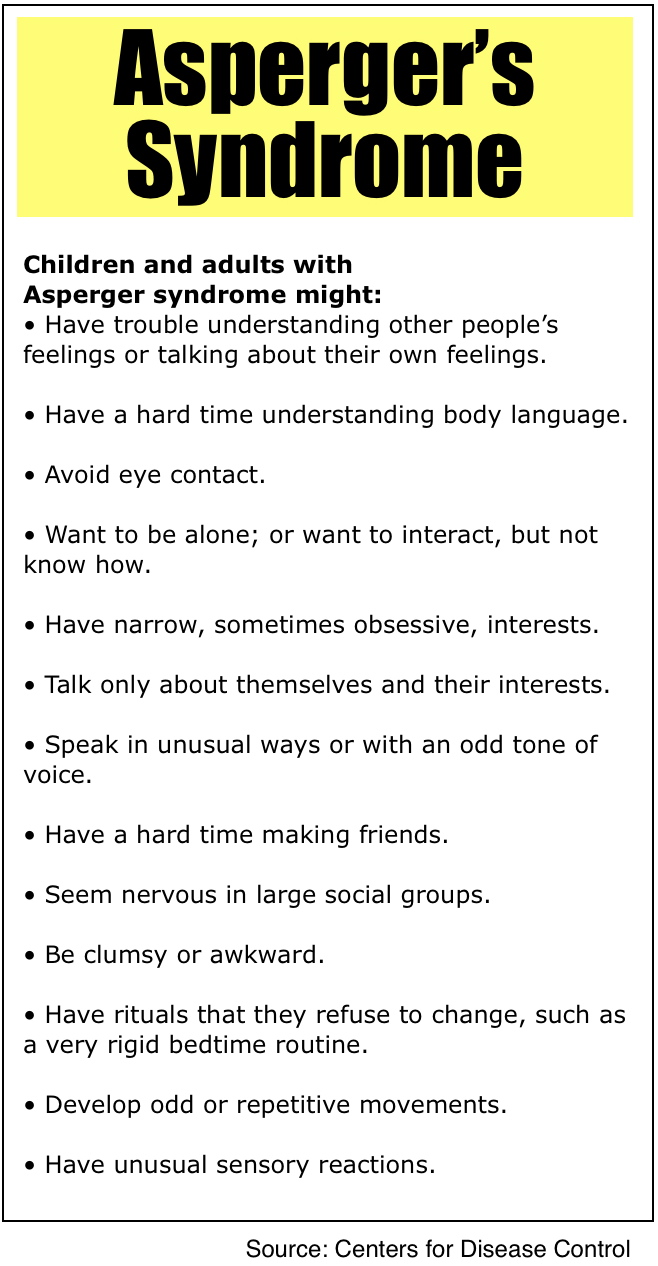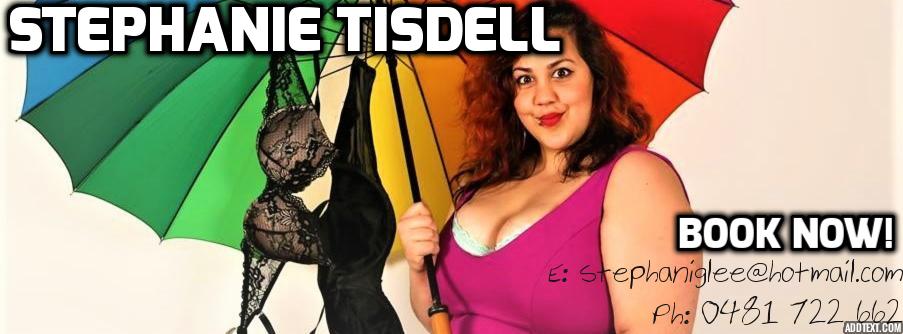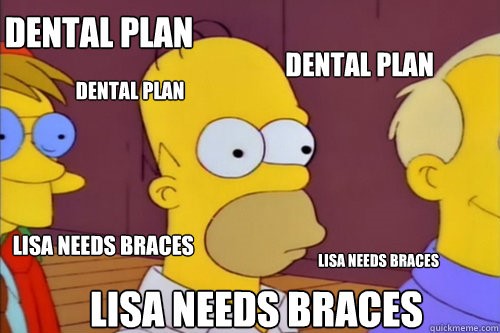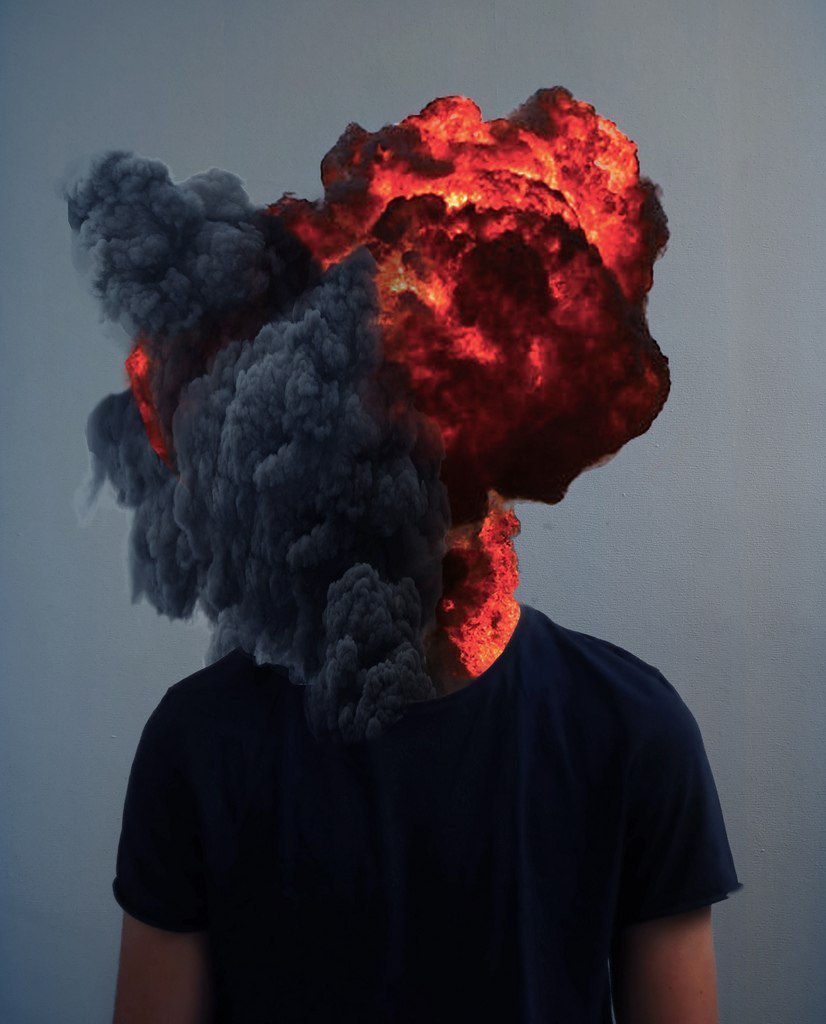Musings
I have begun the process of heavily researching for my next festival show. For me, this involves learning about ‘pop-psychology’ and dominant philosophical trends society takes on board. I plan to pick it all apart in a funny way and involve my audience in a series of ‘experiments.’
Luckily for me and my curious brain, there are a lot of resources available that identify societal trends over time. One huge advantage of the internet age is that people are willing to share their knowledge and you can find education on just about anything if you’re looking for it.
For me, this has meant falling into a worm hole looking at epigenetics, epidemiology (specifically related to mental health), social economics and what ‘fulfilment’ really means.
But there’s one trend that all the research seems to come back to, and its our overwhelming desire for a sense of community. This is a focus because we seemed to have moved away from it. Whether speaking from a biological perspective, an evolutionary one, or from a psychological stand point; research seems to suggest that we, as individuals, are happiest when we’re working together towards a greater goal, especially the idea of “the greater good.”
One of the societal trends that I find funny in recent times is this trend of “over-defining.” The underpinning basis of most equal rights movements or egalitarian propositions seems to be to let everyone be themselves and accept everyone regardless of their gender, age, sexual orientation, mental illness etc. Conceptually, it is absolutely the most simple and uplifting principle and one that should be easy to grasp. However, in the process we expand the definition of these things. Which seems to infuriate those that don’t understand or empathise. Which again I find pretty funny.
Perhaps this is just like the “Sylvia Plath Syndrome.” That is, the more able we are to articulate our experiences and pain, the more likely we are to feel them strongly. I guess you can draw similarity to books like 1984, wherein if you take away language (“bad” “double bad”) you inhibit articulation to explain why this is so and find the root cause, and therefore the solution. Maybe it works in the inverse as well.
When you’re met with defense, the likelihood of over-explaining, over-articulating, creating similes etc becomes just so easy to do. And somehow this causes more confusion. Or maybe it just causes more opportunity for those who would like to argue for arguments sake to now find more points to argue.
I find that often times we end up becoming aligned to a theory or argument that wasn’t even the one we wished to open with. Like when you see a simple status on Facebook break out into all-out war. Where we stop talking person to person, and begin talking political theory/alignment to political theory/alignment. Nobody is listening to the other side, nobody is hoping to expand their ideas, they just want to articulate their opinion over and over.
I’ll give you the simplest example I can: the push for a safer society and imploring people to assess their biases and the like turns into an argument of “not all men.” And now that’s the only point being argued. Instead of what the entire movement is about. Which, I think, is as simple as “treat people better, be aware of people’s fears and concepts of the world and look internally to see if you’re contributing in a positive or negative way.” And somehow every one of these turns into a theoretical, philosophical argument on the merits of feminism.
Opinions don’t make you an expert. Though, theoretically, with all the information in the world available, the time you spend researching for sources to back yourself up probably bloody could.
So how have we moved from the basic principles of letting people just get on with their lives, to the overcomplication of every miniscule element of what their lives entail? Perhaps it is over-simplification, but that seems to be the biggest problem as I see it. Like, somebody didn’t like that their concept of sexuality was challenged and so when we were trying to defend that, the theory of the ‘grey area’ comes up. And it should be enough to say “hey, don’t worry about what they’re doing, you’re doing alright. Just check back in in 6 months and see if all the things you were scared of happened.” But we defined the grey area. And to define, you have to set boundaries. So grey areas aren’t enough, we don’t put them under the banner of “I am who I am, it’s not a big deal.” We fight the definition.
I guess because the power structures in our lives don’t operate on that same level. Or perhaps because there’s a strange amount of pride that comes with being on either side of the argument. Maybe when we’re publicly looking to back our opinions up we’re asking for a community to join us. Perhaps ‘group mentality,’ online or otherwise, is the only sense of community we can feel in a world that has been championing the individual for generations. Or perhaps I’m saying perhaps too much.
I don’t really know, obviously. There are so many people arguing points on various platforms. But I never, ever come across these people in real life. Nobody is having the conversations with me in real life. And I’m looking! Nobody is talking about these things where it counts. It’s one thing to have passion behind a computer screen, but if you’re not actively seeking out perspectives that differ from your own and require you to expand your thinking, then I begin to question your motives.
Which brings me to my second point. In an individual-first society, the desire to be ‘seen,’ or ‘stand out’ is overwhelming. I often think about how much easier it would have been in the old days before we had the ability to mass communicate. Can you imagine if you only found out about someone who was better at you than everything like once in your entire life? You’d only look at the people around you and you’d feel good. The people around you would allow you to see where you fit. You’d have grown up knowing exactly what was expected of you and your goals would reflect that. So is the crux of the issue the visibility of others? Or the fact that the visibility reminds us that we’re capable but falling short? (I am aware, also, of how constricted that way of looking at the world can be and we only need to look at the 50s to see that it wasn’t all roses either, but just go with me here.)
One of my favourite movies, “Waking Life,” poses the most interesting question about free will.
“We’re mostly water, and our behavior isn’t gonna be an exception to these basic physical laws. So it starts to look like whether its God setting things up in advance and knowing everything you’re gonna do or whether it’s these basic physical laws governing everything, there’s not a lot of room left for freedom.
So now you might be tempted to just ignore the question, ignore the mystery of free will. Say “Oh, well, it’s just an historical anecdote. It’s sophomoric. It’s a question with no answer. Just forget about it.” But the question keeps staring you right in the face. You think about individuality for example, who you are. Who you are is mostly a matter of the free choices that you make. Or take responsibility. You can only be held responsible, you can only be found guilty, or you can only be admired or respected for things you did of your own free will. So the question keeps coming back, and we don’t really have a solution to it. It starts to look like all our decisions are really just a charade…
[…]So we can’t just ignore the problem. We have to find room in our contemporary world view for persons with all that that entails; not just bodies, but persons. And that means trying to solve the problem of freedom, finding room for choice and responsibility, and trying to understand individuality.”
I love this entire concept, the idea that whether we see our life journey as fate or as random happenings based on phsyical and scientific principles, our idea of free will is always at the hands of something bigger than us. We struggle with the concept of individuality, because there’s no way the world hasn’t ever encountered your perception of the world before, and yet in no way could it ever have encountered it.
We struggle with the concept of individuality to an extent that pushes us outside of community feelings. It’s not enough to be like everyone else and contribute in a way that we have before, because where’s the “extra.” We’re so bombarded with examples of what that looks like for everyone else. And yet the driving force behind all of these philosophies is to be accepted, it’s to contribute to the ‘whole.’ Or to seek a community.
And so, from what I surmise, we just want to exist as an individual within a community. Which is entirely possible. Except we seem hell-bent on defining the rules and guidelines of what that community is and who fits in and out of it.
Here’s the interesting part. People also don’t like the feeling of responsibility. Unless they’re power hungry or broken somewhere. Enter: Politicians. Politics is built up of individuals trying to create a community they never really wanted to be a part of. Because they wanted to be the leader. And here’s the hypocrisy – to lead they have to speak theoretically. They have to predict futures they can’t possibly predict and err on the side of safety, “the greater good.” They don’t want to reward the individual because freedom causes huge amounts of fear. If we allow people to be individuals in whatever that means for themselves, where does the power go? What if things go wrong? What if we don’t know whats going to happen!
It seems to me, whichever way I look at it, the government attempts to play the predicter. I suppose this is what underpins conservatism (in law it’s called ‘the floodgates’ principle). It is a place that has no room for feeling, emoting or empathising. And so, once again, we move away from community. Because, as I’ve said, when we over-define that concept of community, if we think too much about what we want and how we do that, we have to think in terms of the individual and how the individual contributes, not their individuality. And so it’s the chicken vs the egg.
I don’t really know what I’m trying to get at. Maybe the frustration I feel at the futility of creating a feeling of community. Because it should be all-inclusive and allow everyone to feel a sense of purpose. But that feels impossible. Or maybe, more accurately, I’ve mashed together aabout 5 different concepts that I feel and tried to interlink them.
I think what I want to say is just let everyone be who the fuck they are, find your own tribe and give to it all the love you can. Etch out your own destiny but leave room for other people, because they’ll contribute. Don’t compare yourself to people who’s context doesn’t match your own. And if you want to break free of the your community because you’ve outgrown it, move on but don’t knock the community that you left. At one stage, it fulfilled you and you saw merit in it. If, upon moving on, you feel that there’s a gap, or injustice, or something that you missed before – then approach it with empathy. Don’t scream it into the void. Live by example.
Human nature is one thing. But individual psychology is what makes it up. So communicate with people around you.
